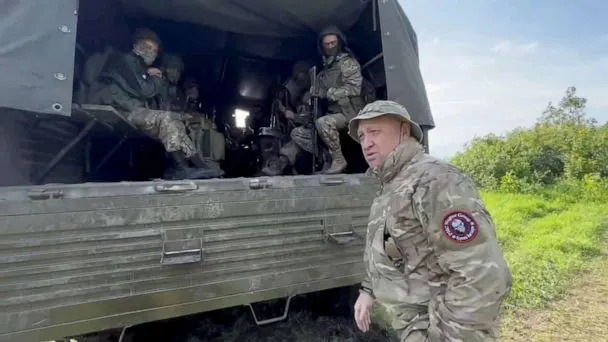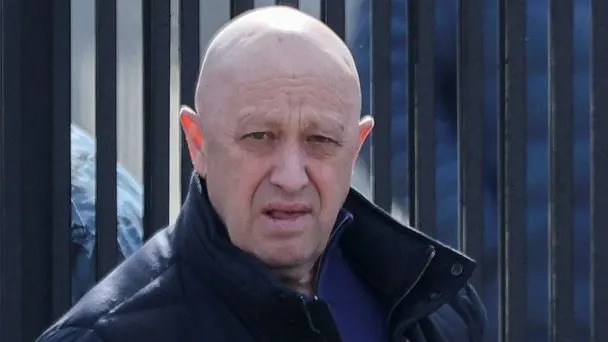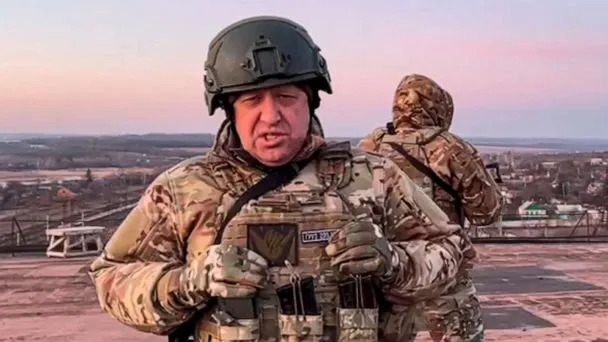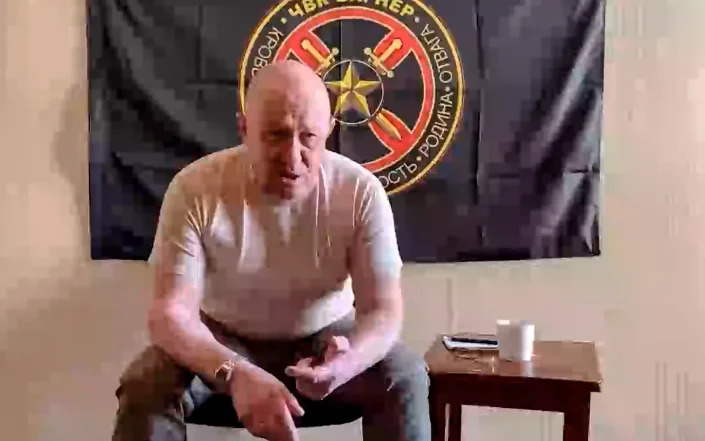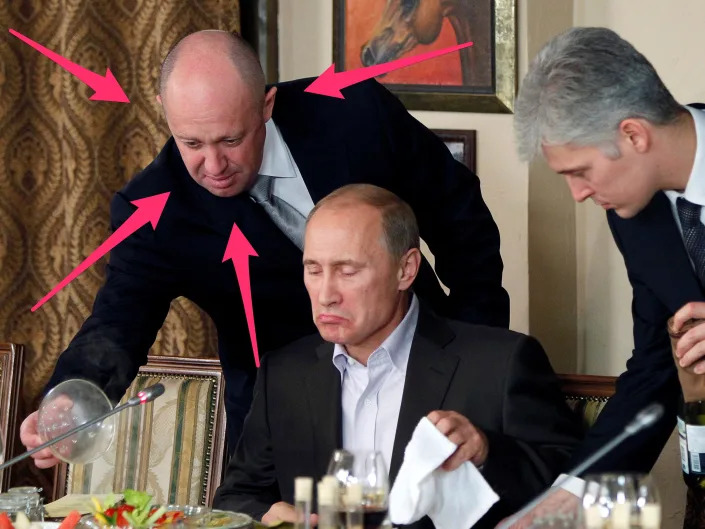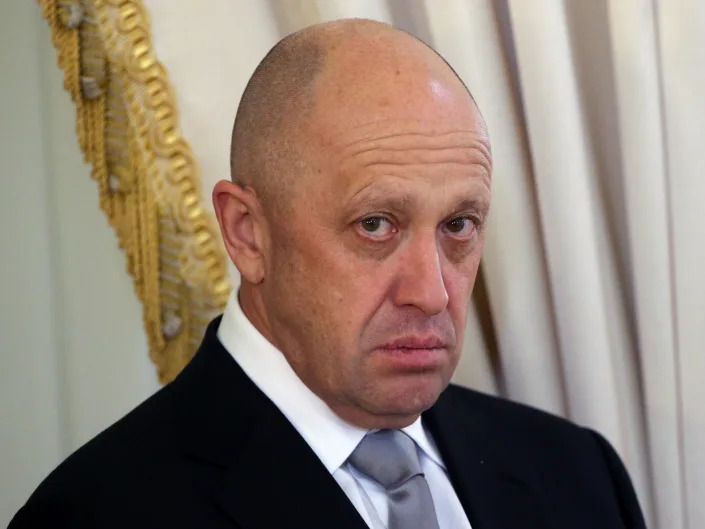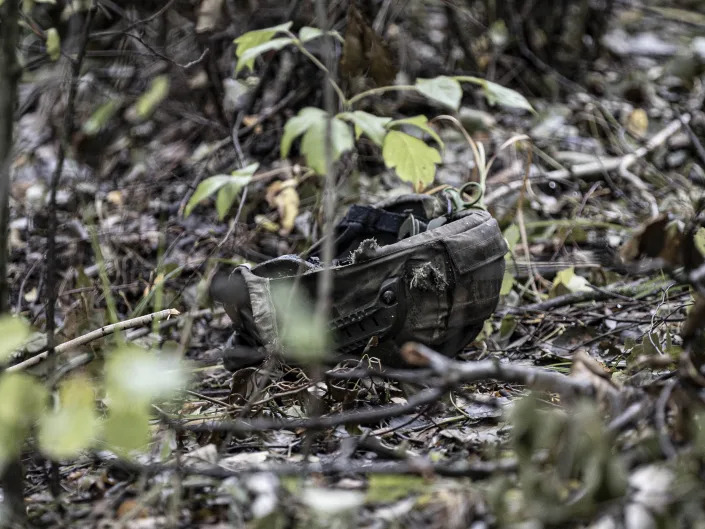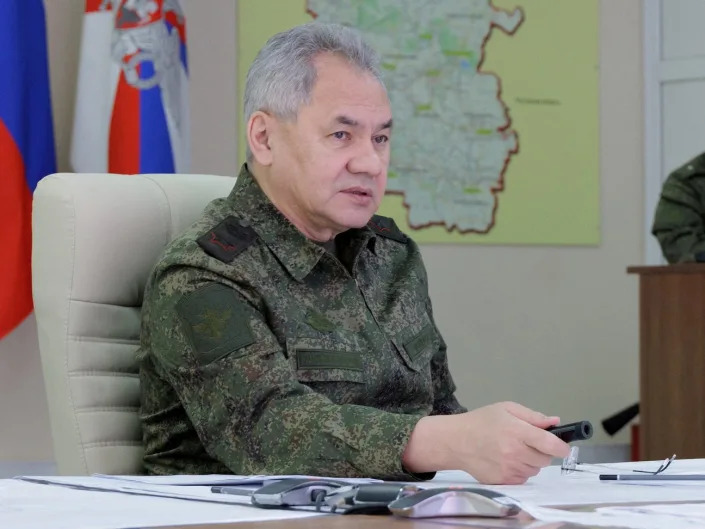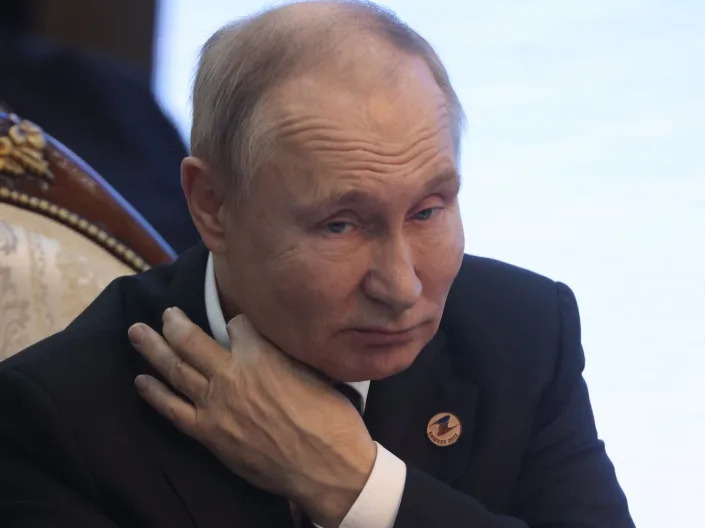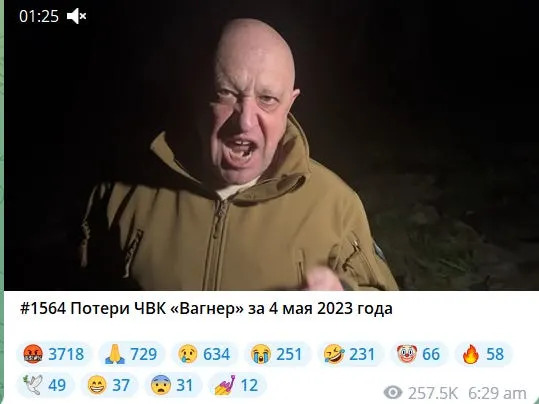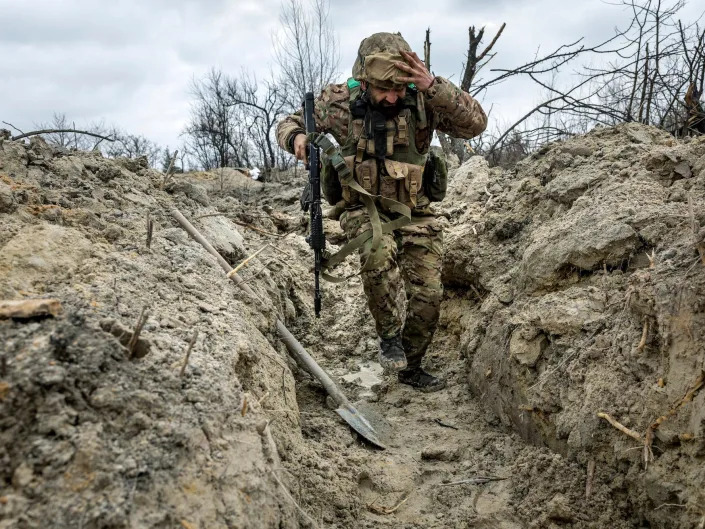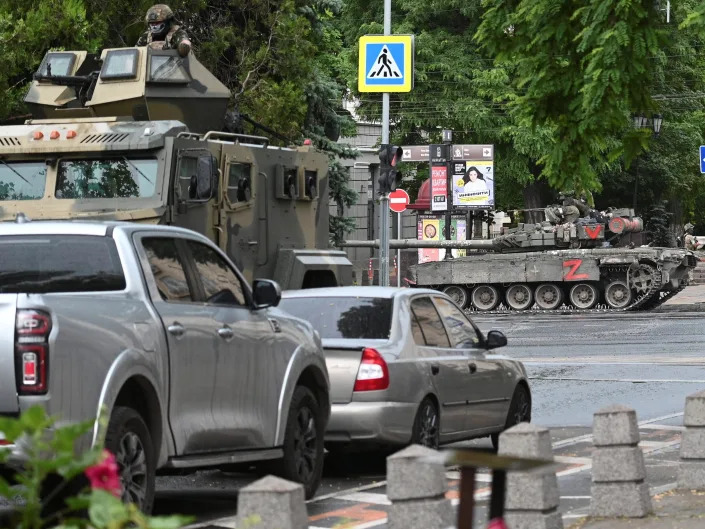Samantha Mathewson
Fri, June 23, 2023

ultraviolet images of Mars show the planet in vibrant colors
New ultraviolet photos of Mars offer stunning views of the planet's changing seasons.
Astronomers using NASA's Mars Atmosphere and Volatile EvolutioN (MAVEN) spacecraft photographed the Red Planet in July 2022, during the southern hemisphere's summer season when the planet was closest to the sun, and then again in January 2023 after Mars' northern hemisphere had passed the farthest point in its orbit from the sun.
MAVEN's Imaging Ultraviolet Spectrograph (IUVS) instrument measures wavelengths between 110 and 340 nanometers, outside the visible spectrum. The purple areas of the photos represent the ozone in Mars' atmosphere, while the white and blue areas represent clouds or haze in the planet's sky. The planet's surface appears tan or green in the new images.
Related: 12 amazing photos from the Perseverance rover's 1st year on Mars
"By viewing the planet in ultraviolet wavelengths, scientists can gain insight into the Martian atmosphere and view surface features in remarkable ways," NASA officials said in a statement.
The photos, which NASA shared on June 22, were taken when the planet was near opposite ends of its orbit around the sun, capturing Mars' rapidly changing seasons. Like Earth, Mars rotates on a tilted axis, which causes the planet to experience four different seasons. However, seasons on Mars are roughly twice as long as those on Earth because the Martian year is almost twice that of Earth.
Mars orbits closest to the sun when its southern hemisphere is tilted towards it, whereas the northern hemisphere is tilted towards the sun when it's further away. As a result, temperatures are much hotter during the southern summer than the northern summer. The boost in temperature causes more turbulence, stronger winds and larger dust storms in the southern hemisphere.
The first image, taken in July 2022, captures one of Mars' deepest craters, Argyre Basin, near the bottom left of the planet. The crater appears filled with atmospheric haze, while the deep canyons of Valles Marineris near the top left of the planet appear filled with clouds.
The warmer temperatures of summer cause the southern polar ice caps to shrink, which, in turn, releases carbon dioxide and causes the atmosphere to be thicker. MAVEN, which launched in November 2013 to study the planet's atmospheric gasses, has also detected increased hydrogen loss from Mars at this time of year, which is likely the result of dust storms driving water vapor to very high altitudes.
Studying these systems will offer a better look into how the Red Planet has evolved over time. "Understanding atmospheric loss gives scientists insight into the history of Mars' atmosphere and climate, liquid water, and planetary habitability," NASA officials said in the statement.
RELATED STORIES:
— Curiosity rover: 15 awe-inspiring photos of Mars (gallery)
— This 'postcard' of a Mars day from NASA's Curiosity rover is gorgeous (photo)
— MAVEN: NASA's Orbiter Mission to Mars — Mission Details
The second image, taken in January 2023, captures the Red Planet's northern hemisphere after it passed the farthest point in its orbit around the sun, causing an abundance of white clouds in the north polar region. An accumulation of ozone can also be seen at the top of the planet (colored magenta), having built up during the northern winter's chilly polar nights. However, an increase in water vapor in the springtime would destroy this patch of ozone in the northern hemisphere.
NASA's MAVEN mission will celebrate its 10-year anniversary this fall, having entered Mars' orbit in September 2014.










